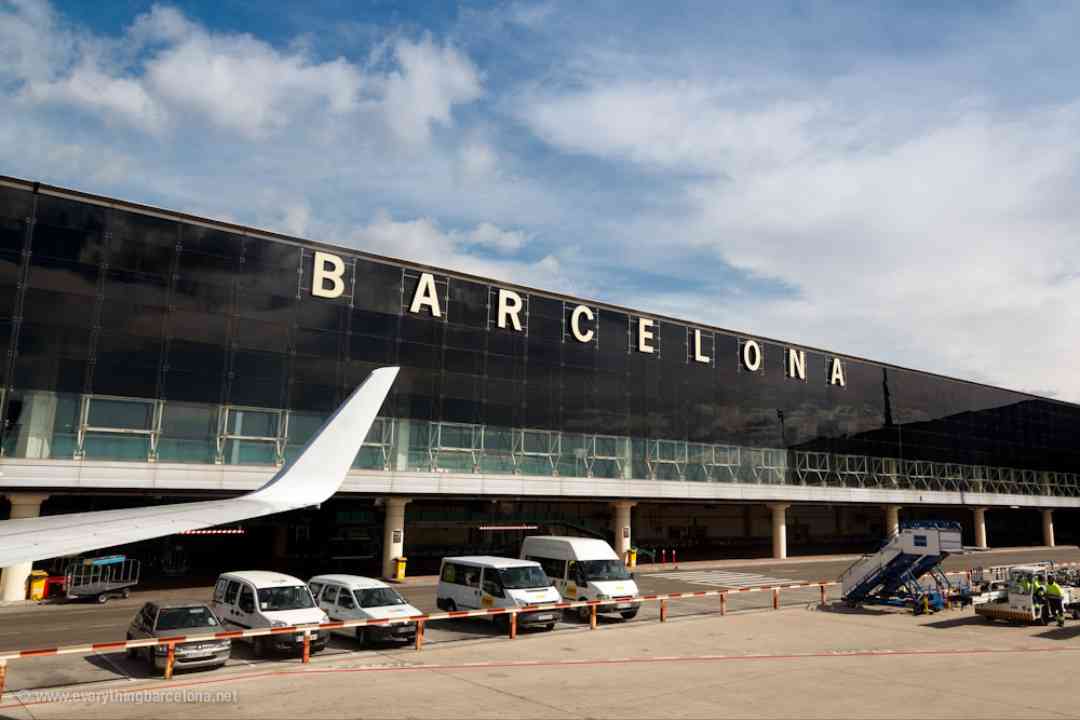Spain momentarily restricted the airspace over Catalonia's northeastern area and three more provinces on Friday, forcing roughly 300 aircraft to be delayed, after fragments of a Chinese rocket weighing more than 20 tonnes soared overhead before crashing into the ocean off Mexico's coastline, according to officials.
The emergency service of Catalonia tweeted this "Due to the risk associated with the passage of the space object CZ-5B through the Spanish airspace, flights have been restricted from 9:38 a.m. to 10:18 a.m. (0838-0918 GMT) in Catalonia and other communities." Out of the 5,484 planes scheduled to run on Friday in Aena's (AENA.MC) 46 Spanish airports, 300 were delayed because of air traffic limitations, the Spanish airport operator reported.
The worst-affected flights, according to reports, are those between the Balearic Islands and the United Kingdom. Delays at Barcelona Airport too were predicted to last all day on Friday. The French airport in Marseille had also been placed on high alert.

Remains from China's highest capable rocket, the Long March 5B, re-entered the sky at 6:08 p.m. Most of them burned up, while the remainder landed in the Pacific Ocean in latitude and longitude of 101.9 degrees west and 9.9 degrees north, at Beijing time (1008 GMT). That is 620 miles (approximately 1,000 km) southwest of Acapulco, Mexico. On October 31st, the rocket launched from southern China carrying the final unit for the Chinese space station. Since its initial launch in May 2020, the Long March 5B has made four flights.
During the rocket's initial launch, booster components fell on the Ivory Coast and damaged a number of residences in the West African country, although none were injured. While fragments from the third aircraft dropped into the Sulu Sea in the Philippines, debris from the second trip safely landed in the Indian Ocean.

When asked if China had taken steps to lessen the hazards, Zhao Lijian, a spokesperson for the Chinese foreign ministry, responded that re-entering the atmosphere with an aircraft is a standard international activity. "It is understood that the type of rocket you mentioned employs special technology designed to ensure that the vast majority of components are destroyed by ablation during re-entry into the atmosphere, and the probability of causing harm to aviation activities and the ground is extremely low," Zhao said.
© Vygr Media Private Limited 2022. All Rights Reserved.

























